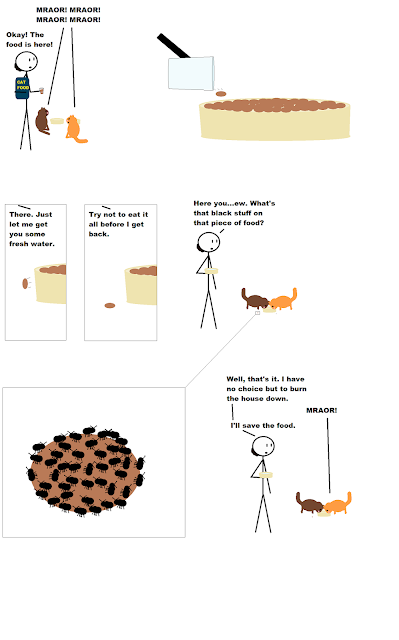Sometimes it seems like we have a lot of words to call something good looking. Some of them, like lovely and attractive, are just a word plus an ending that makes it an adjective. Others, like pretty and cute, are their own words. What’s their story?
Pretty comes from an Old English word that’s slightly different depending on which dialect you pick: it’s praettig in West Saxon (southwest England), pretti in Kentish (southeast England), and prettig in Mercian (central England). But, get this, in all dialects the word meant cunning or skillful and it comes from the Proto Germanic pratt, which evolved into a bunch of words in old Germanic languages that all mean trick or fun, and in fact it still means fun in Dutch. As to why it went from cunning to what we have now, well, first, in the fifteenth century, it meant manly or gallant, and then it was attractive or skillfully made, then fine, then by the mid fifteenth century, “beautiful in a slight way”. A little later on in the fifteenth century, it also became a synonym for rather and considerably, because…reasons? Well, it makes sense for something skillful to be attractive, and having a lot of something would also be attractive, so maybe that’s it. It’s just my guess, though.
Beauty first showed up in the early fourteenth century meaning attractive as well as goodness or courtesy. It comes from the Anglo French beute and Old French biauté/beltet, which meant beauty in the attractiveness sense. Before that, it was the Vulgar Latin bellitatem/bellitas, coming from the classical Latin bellus, cute, pretty or beautiful. Fun fact, in Latin it was used primarily for women and children. It was considered insulting or ironic to use it on men. Which just proves that even a thousand years ago, men were afraid to be associated with anything remotely feminine.
Okay, handsome is totally amusing to me because the word was literally created by putting the word hand with some. It first showed up in the early fifteenth century meaning easy to handle or at hand. It wasn’t until the sixteenth century that it moved to mean fit or appropriate, and then towards the end of the century, good looking. So from easy to appropriate to attractive. Sure. Why not.
Finally today, we’re looking at gorgeous. It showed up in the early sixteenth century meaning splendid or showy and relating to clothing. It comes from the Middle French gorgias, elegant or fashionable. Before that, no one’s really sure. One theory is that it’s from another definition of the word gorgias, which is necklace. It also might be somehow related to the Greek name Gorgias, which my computer keeps autocorrecting gorgias to. Basically, gorgeous popped up in French and no one knows why.
Sources
Tony Jebson’s page on the Origins of Old English






